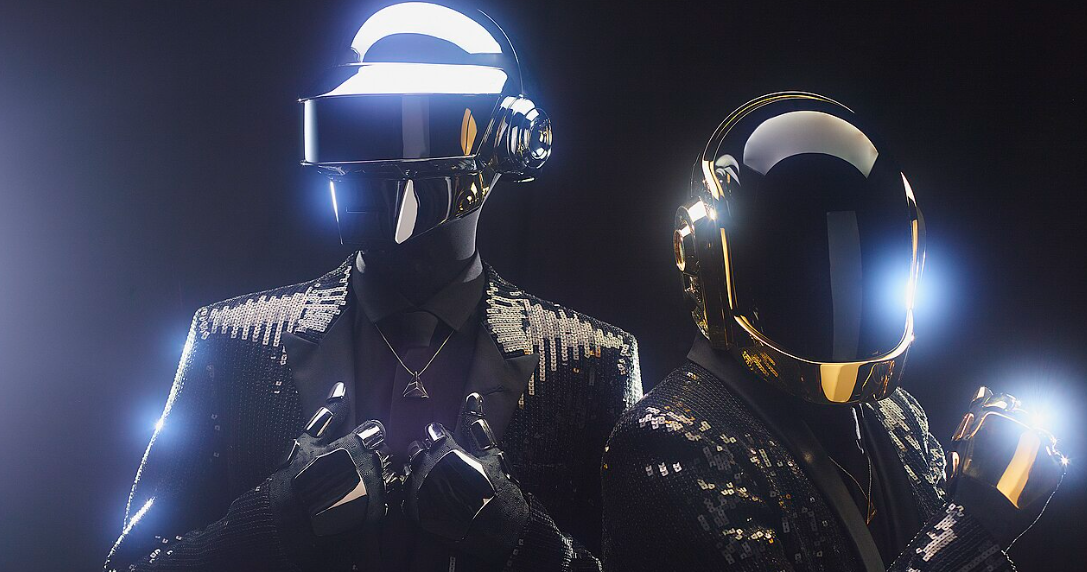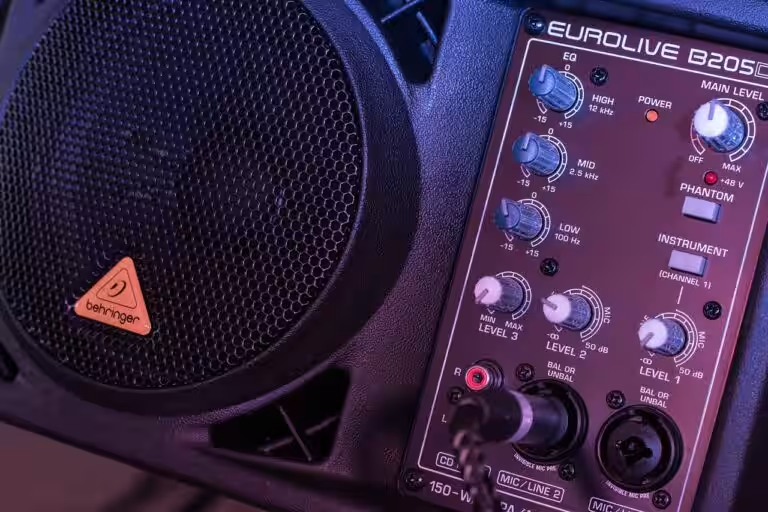Tour Dates | Shop | Contact
When Daft Punk announced their breakup in early 2021, it hit hard — even for fans who saw it coming. The video was cryptic, wordless, cinematic. In many ways, it was exactly what you’d expect from a duo that spent their entire career doing things differently.
Four years later, the split still feels recent. The music hasn’t faded. Neither has their image. Their legacy stretches across house, techno, pop, film, fashion, and what live electronic music performance even looks like. Few artists in any genre have left that kind of mark.
Starting in the Paris Underground
Daft Punk began in Paris in the early ’90s. Thomas Bangalter and Guy-Manuel de Homem-Christo were just two kids with a drum machine, a sampler, and a shared interest in club music. Their debut album Homework, released in 1997, wasn’t just a hit in Europe — it helped define the French house movement.
Tracks like “Da Funk” and “Around the World” weren’t designed for the charts, but they landed there anyway. And the visuals? Memorable. Especially the Gondry-directed “Around the World” video — a surreal piece of choreography that somehow stuck. It’s part of what made the project feel bigger than just music.
Going Global with Discovery
They could’ve kept riding the success of Homework, but they didn’t. In 2001, they dropped Discovery, and everything changed. The sound was glossier, more melodic, with clear influences from disco, rock, and synthpop. “One More Time” became a defining anthem of the early 2000s, and “Harder, Better, Faster, Stronger” found new life years later after Kanye West sampled it.
At the same time, the duo began wearing the now-iconic robot helmets and fully stepping away from the spotlight. No interviews. No behind-the-scenes content. Just the music, the art, and the mystery. It worked.
Their Live Shows Changed the Game
If you’ve ever heard a DJ say they were inspired by Alive 2007, that’s not an exaggeration. The tour — especially the Coachella set — reshaped the expectations around what a live electronic set could be. The pyramid stage, the lights synced to every drop, the build-ups and transitions.
It wasn’t just a show. It was a statement. They didn’t tour often, but when they did, it felt like an event that people would talk about for years. And they still do.
Film Scores, Funk, and Final Acts
In 2010, Daft Punk composed the score for Tron: Legacy. While the film itself divided audiences, the soundtrack was widely praised. It was another example of how they kept pushing into new territory.
Then came Random Access Memories in 2013. A huge left turn again — this time with live instruments, analog synths, and no samples. The record featured Nile Rodgers, Pharrell Williams, Giorgio Moroder, and others. “Get Lucky” became an instant hit, and the album earned multiple Grammys, including Album of the Year.
After that, they went quiet. Then, in February 2021, they posted Epilogue, an eight-minute video from Electroma, signaling the end. No farewell tour. No interviews. Just silence.
Still Everywhere, Even After the End
Even post-breakup, Daft Punk continues to be a reference point — musically and visually. Their back catalog still charts. Producers still credit them as an influence. Their robot persona shows up in tributes, remixes, and fashion.
In 2023, they released a “drumless” version of Random Access Memories — a somewhat unexpected move that led to reinterpretations from producers and fans alike. It was a reminder that even their quietest releases spark creativity.
Final Thoughts
So why are they so famous? The short answer is: they made the music speak louder than anything else. They didn’t overexpose themselves. They didn’t over-release. They let the mystery grow — and more importantly, they kept evolving.
Daft Punk didn’t stick to a formula. They didn’t stay in one lane. And somehow, they made each shift feel like part of the plan.
They didn’t just influence a scene. They shaped the way people think about what electronic music can be — and what an artist can choose to be.
If you want to discover new rising young artists that are heavily influenced by Daft Punk, you need to check Play House.



